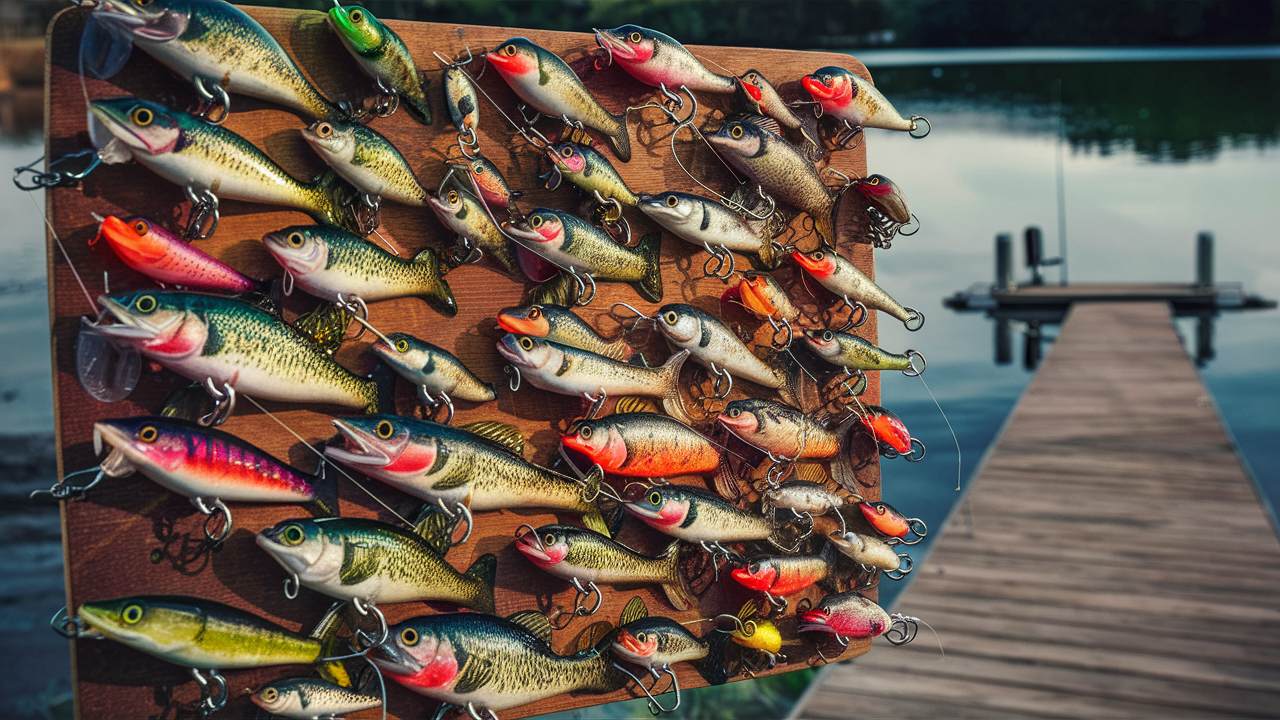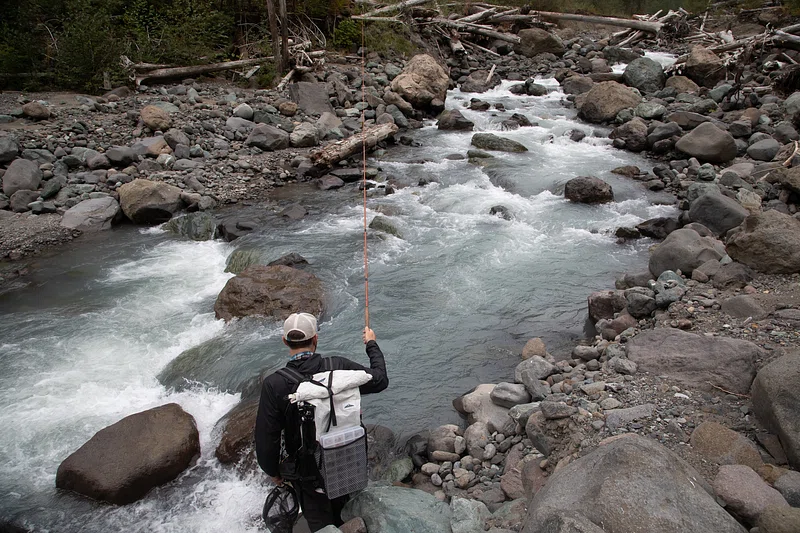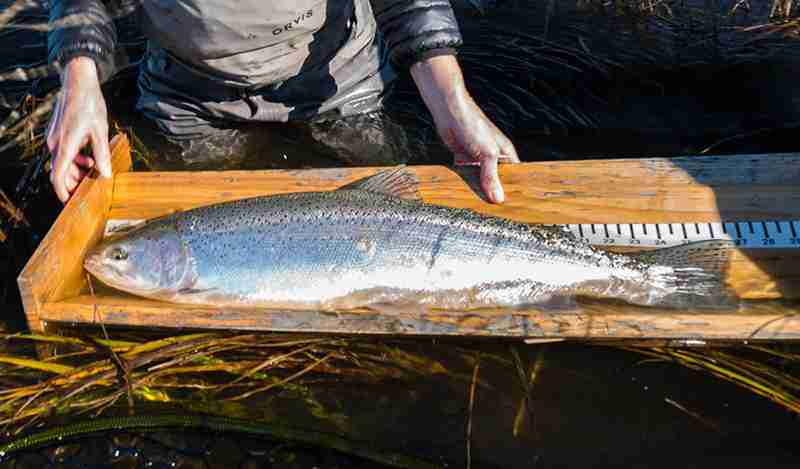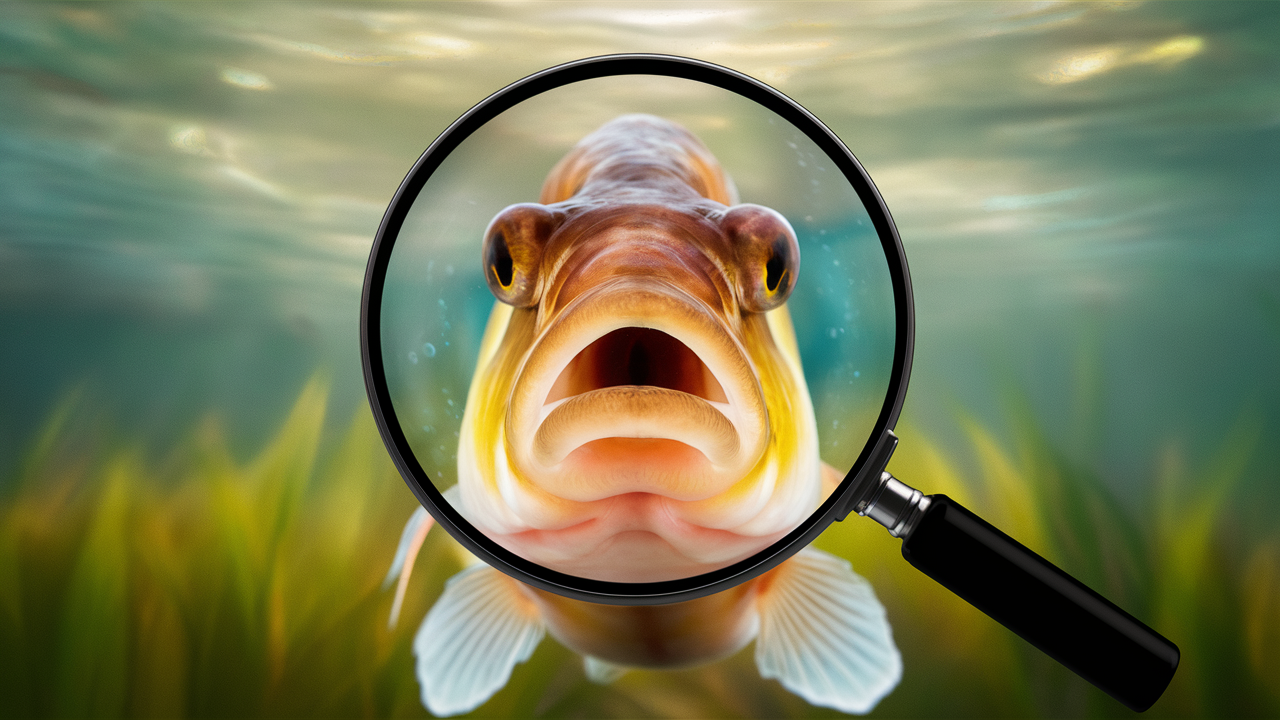
How does the Fish's Sense of Smell on Fishing Success

7 min read
Among the many factors that affect fishing success, one that often goes unnoticed is the fish’s sense of smell.
In this blog post, we will delve into the fascinating world of how a fish’s sense of smell plays a vital role in determining our fishing achievements.
From understanding the science behind their olfactory abilities to exploring the tactics we can employ to capitalize on this knowledge, let’s dive in and uncover the secrets hidden beneath the water’s surface.
The Science Behind a Fish’s Sense of Smell
How do fish smell?
Fish rely on their exceptional sense of smell to detect food, find mates, and avoid predators. Their olfactory organs, known as olfactory epithelia, located within their nasal passages, contain specialized receptors that detect chemical compounds dissolved in water.
How do fish nostrils work?
Fish nostrils, also called nares, are openings through which water enters their olfactory system. As water flows over the olfactory epithelia, chemical compounds are detected by the receptors, providing fish with valuable olfactory information.
How do different fish species smell?
Different fish species have varying olfactory capabilities. Species like trout and salmon possess an exceptional sense of smell, allowing them to detect subtle scents from a distance. On the other hand, some species may have less developed olfactory systems and rely more on other senses, such as vision or vibrations, to locate prey.
Most Common Smell Species
When it comes to attracting fish using scents, certain smells have proven to be highly effective. Some of the most common natural scents used by anglers include:
- Anise
- Garlic
- Saltiness
- Sweetness
- Bitterness
- Spiciness

These scents can mimic natural food sources and entice fish to strike.
How Far Can Different Fish Species Smell?
The distance at which fish can smell varies among different species. For example:
- Carp, known for their excellent olfactory abilities, can detect smells from significant distances, potentially up to several hundred meters.
- Pike, being a voracious predator, also possess a keen sense of smell and can track scents over considerable distances.
Keep in mind that factors such as water flow and temperature can also impact the range at which fish can detect scents.
Is Flavoring Bait Useful?
Flavoring bait with scents has proven to be a useful technique in fishing. Adding scent attractants to baits, anglers can enhance their appeal and increase the chances of attracting fish. The key is to select scents that closely resemble the fish’s natural food sources, increasing the probability of a successful bite.
The Science Behind a Fish’s Sense of Smell
The olfactory perception of fish is a remarkable phenomenon. Unlike humans, who primarily rely on their eyesight to navigate their surroundings, fish predominantly use their sense of smell to detect food, find mates, and avoid predators.
This exceptional ability is owed to their highly developed olfactory organs, known as olfactory epithelia, located within their nasal passages. These organs are equipped with specialized receptors capable of detecting a vast array of chemical compounds dissolved in water.
The Anatomy of Fish Olfactory Organs
To comprehend how a fish’s sense of smell affects fishing, it is imperative to understand the anatomical structures involved. In fish, the olfactory system consists of two main components – the olfactory rosette and the olfactory bulb.
The olfactory rosette is a convoluted structure containing thousands of elongated folds known as lamellae, which increase the surface area for receiving olfactory cues. The olfactory bulb, on the other hand, processes the information received from the rosette and transmits it to the fish’s brain for interpretation.
Provide Practical Tips
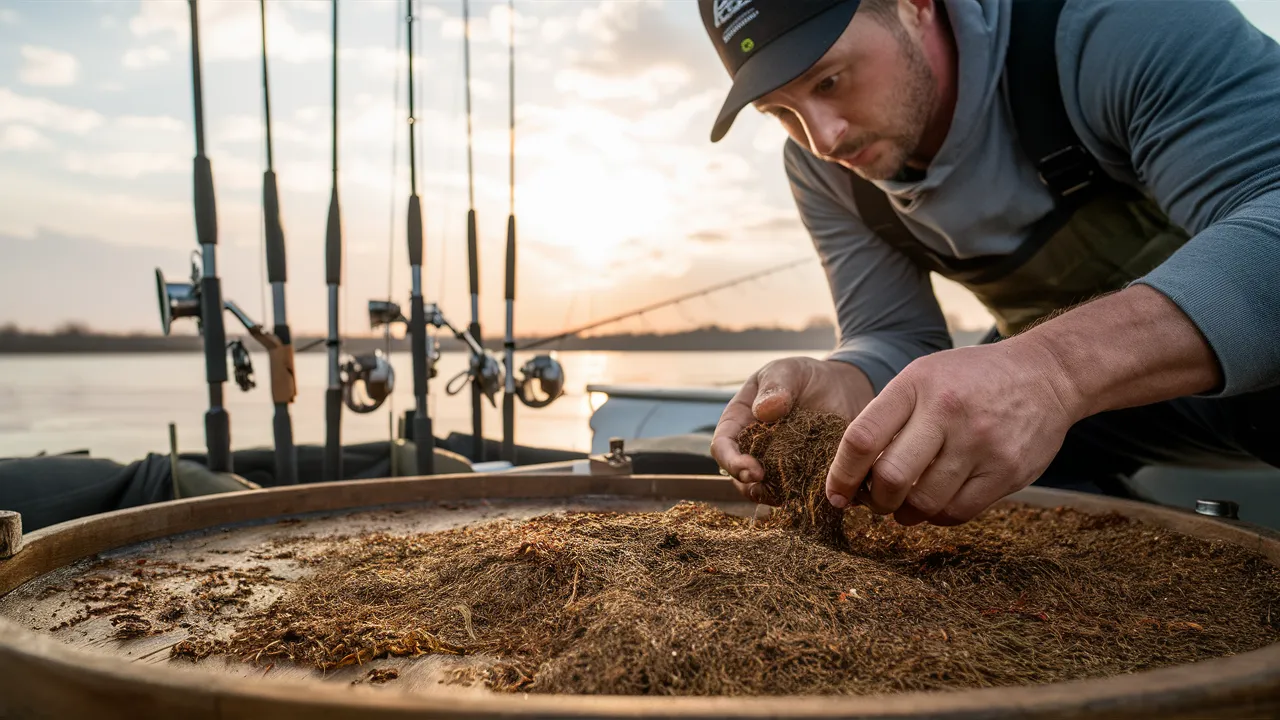
Adding Scent to the Groundbait
When preparing your groundbait, consider adding scent to enhance its attractiveness to fish. You can mix in natural scents such as fish oils, crushed herbs, or even commercial scent enhancers designed specifically for fishing. The scent will disperse in the water, attracting fish to your fishing spot.
Using Water from the Body of Water, Not Tap Water
Instead of using tap water to mix your groundbait or soak your baits, opt for water from the body of water you’re fishing in. This water carries the natural scents and chemical signals that fish are accustomed to, making your bait more enticing. It establishes a familiar scent profile that fish are more likely to respond to.
Explore the Role of Water Quality
Water quality, including factors like pH levels and pollution, can significantly impact fish behavior and their response to scents.
pH Levels
Different fish species thrive under specific pH conditions. Research the preferred pH range for your target species and adjust your bait’s scent accordingly.
| Fish Species | Preferred pH Range |
|---|---|
| Trout | 6.5 - 7.5 |
| Bass | 6.0 - 8.0 |
| Salmon | 6.0 - 7.5 |
| Catfish | 6.0 - 8.5 |
| Pike | 7.0 - 8.5 |
Some species may prefer a more acidic environment, while others thrive in alkaline conditions.
Pollution
Pollution can have detrimental effects on water quality and fish health. Chemical pollutants in the water may impair a fish’s olfactory system, affecting their ability to detect scents accurately.
Be mindful of fishing in areas with known pollution issues, as it may diminish the effectiveness of scents or even deter fish from feeding.
Understanding water quality factors and how they interact with a fish’s sense of smell allows you to make more informed decisions when choosing scents, adjusting pH levels, and selecting fishing locations. It contributes to a holistic approach to fishing and increases your chances of a successful angling experience.

The Chemical Triggers that Influence Fish Behavior
Chemical cues play a crucial role in triggering various behaviors in fish. Substances released by prey species can stimulate foraging behavior, while pheromones emitted by the same or opposite sex can serve as attractants during the reproductive season.
Predators often release alarm pheromones that alert nearby fish of potential danger, prompting them to flee the area. Understanding these chemical triggers is crucial for anglers, as it allows us to replicate these cues and increase our chances of attracting fish to our fishing spots.
Exploiting a Fish’s Sense of Smell
Now that we have established the importance of a fish’s sense of smell, let’s discuss practical ways to exploit this knowledge and boost our fishing success. One effective technique is the use of scented baits or lures.
| Behavior | Chemical Trigger | Effect on Fish |
|---|---|---|
| Foraging | Substances released by prey species | Stimulates feeding |
| Reproduction | Pheromones from same or opposite sex | Attracts mates |
| Alarm | Alarm pheromones from predators | Triggers fear response |
| Schooling | Chemical signals from conspecifics | Induces schooling behavior |
| Avoidance | Chemicals indicating danger or toxins | Prompts fish to flee |
Infusing our baits with natural or artificial scents that mimic the smell of prey, we heighten the chances of attracting fish to our hooks. Additionally, utilizing fish attractants, such as fish oils or amino acids, can further enhance the appeal of our bait and entice fish to strike.
Understanding Water Conditions
While scent is undoubtedly influential, it’s essential to consider the impact of water conditions on a fish’s sense of smell. Factors such as water temperature, clarity, and flow can all affect a fish’s ability to detect and interpret scents.
For instance, fish are known to be more scent-sensitive in colder water, making scented baits particularly effective during colder seasons. Similarly, in highly turbid or fast-flowing waters, stronger odors might be necessary to overcome the reduced olfactory capability of fish.
Alternate Techniques for Targeting Specific Species
Different species of fish have varying olfactory capabilities, and tailoring our fishing techniques to exploit their senses can yield better results.
For example, species like trout and salmon are known to possess an exceptional sense of smell. By incorporating bait scents that closely resemble their natural food sources, we increase the likelihood of enticing these species to bite.
Conversely, other species may be more visually oriented, making color and movement more critical than scent. Understanding these nuances allows us to adjust our tactics accordingly to maximize our success.
Conclusion
In conclusion, appreciating the significance of a fish’s sense of smell can significantly impact our fishing endeavors.
As anglers, we must continually strive to learn and adapt, ensuring we stay one step ahead in this mesmerizing world below the surface. So next time you cast your line, remember to consider the powerful sense of smell that drives the fish’s behavior.
